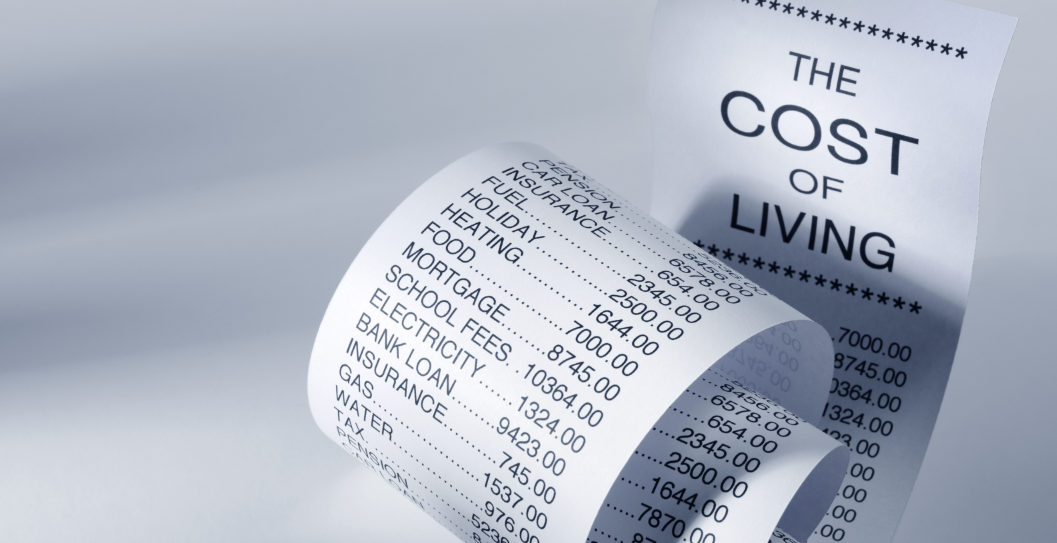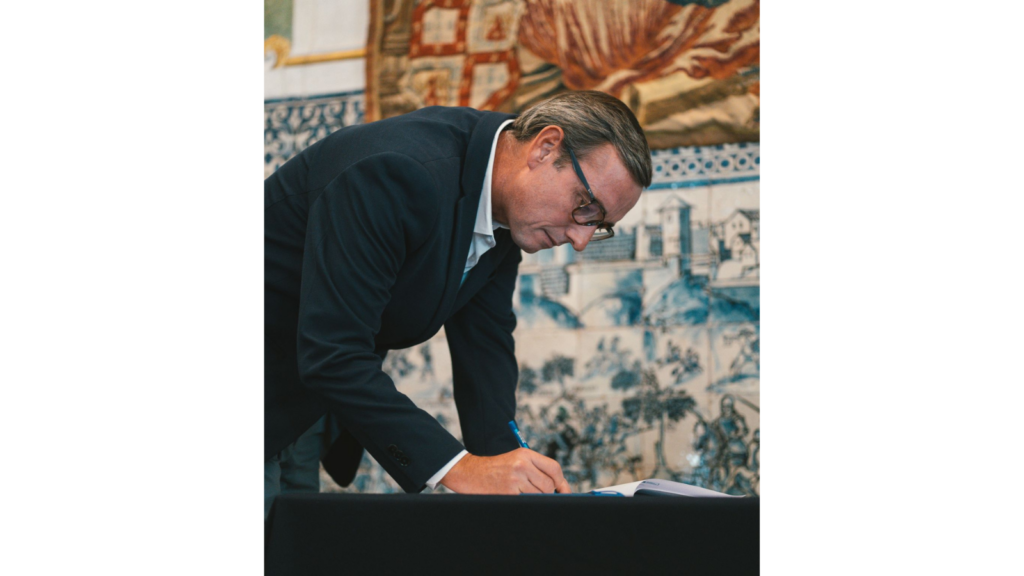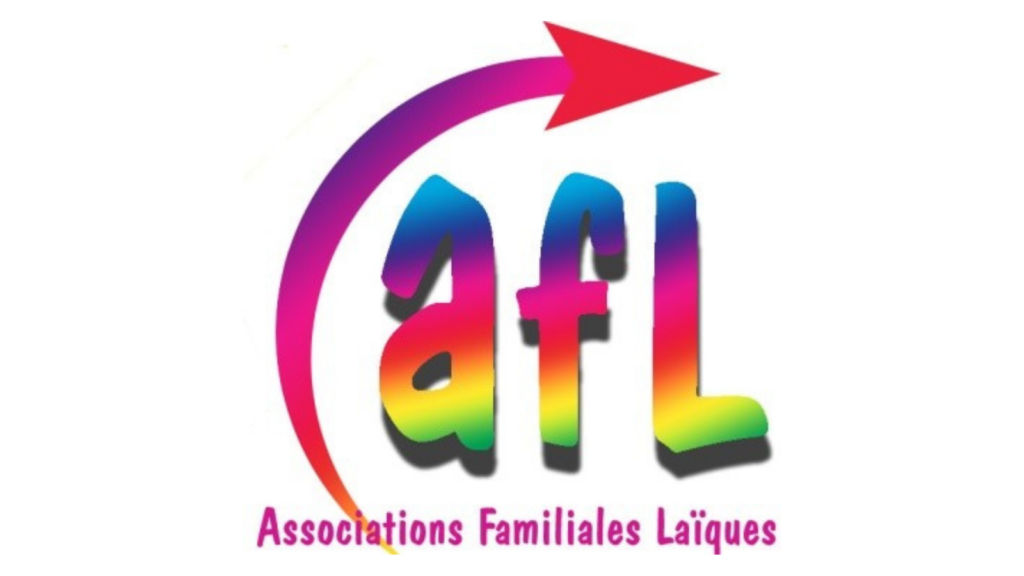The annual report by the Social Protection Committee examines social conditions and social protection policies across the EU. This year’s report – issued on the International Day for the Eradication of Poverty – focuses on the energy and cost of living crisis.
Based on a set of key indicators and thematic work, the report indicates that despite economic growth slowing down over 2022 in the EU – after the launch of Russia’s war of aggression against Ukraine – employment continued to expand and the level of poverty and social exclusion remained broadly stable at EU level, at 21.6% of the population in 2022 (compared to 21.7% in 2021).
However, prices rose markedly from February 2022, initially driven by energy price rises, but pressures broadened as higher energy costs passed through to food, services and other goods. This had an impact on households’ purchasing power, especially for lower income families who spend a higher fraction of their income on energy and food. This was also reflected in a slight rise in material and social deprivation in Europe.
A separate annex to the report includes country profiles for each Member State that provide a snapshot of progress towards the national 2030 poverty and social exclusion target, trends in the main social indicators, and the key social challenges and good social outcomes identified for each country.
You can find the full report here.
Background
The Social Protection Committee (SPC) is an advisory policy committee to the Ministers in the Employment and Social Affairs Council (EPSCO).
The Annual Report delivers on the Committee’s core task to monitor the social situation in the EU and the developments in social protection policies in the Member States.
Publication of this year’s report coincides with the International Day for the Eradication of Poverty and it focuses in particular on taking stock of the existing and exceptional measures of the Member States in facing the energy and cost of living crisis.





